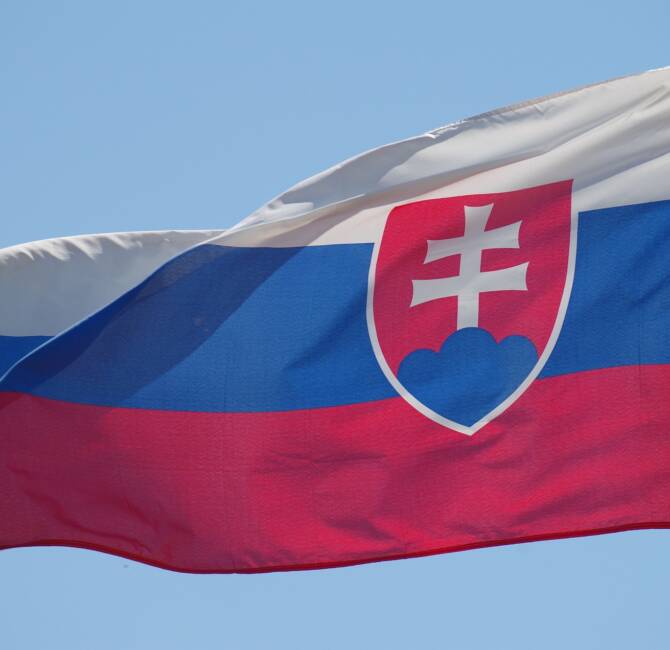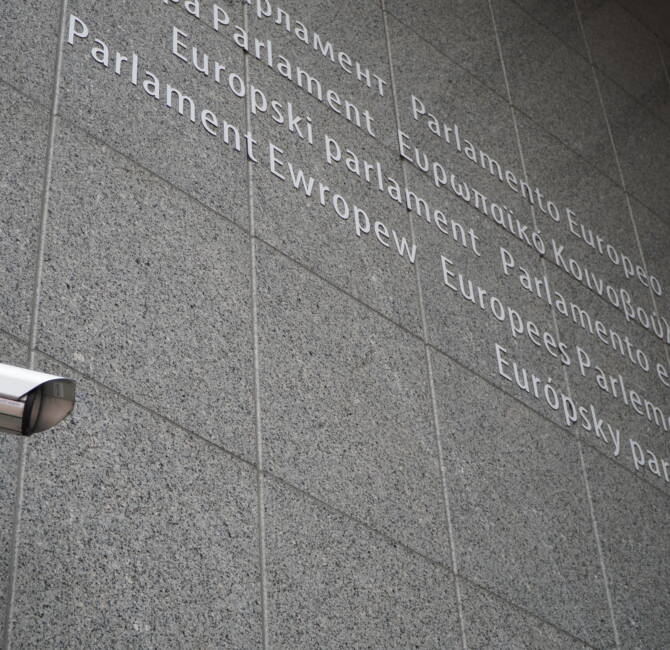Poland – Polish voters will go to the polls this autumn to renew their parliament. After eight years in power, support for the ruling United Right coalition led by Law and Justice (PiS) is, according to the latest polls, at least 8% behind its 2019 result (when it garnered 43.59% of the popular vote and won 235 seats in the Sejm out of 460). At the same time, taken together the liberal and left-wing opposition parties – the Civic Coalition led by Donald Tusk’s Civic Platform, The Left, and Third Way – have a 12-point lead, and can even dream of an absolute majority. On Law and Justice’s right flank, voting intentions in favour of Konfederacja, which are now in the 14–17% range, are almost three times higher than its results four years ago (6.81% and 11 seats).
Could Donald Tusk succeed Mateusz Morawiecki as Poland’s Prime Minister in a few months? The former president of the European Council is seen as the prime target of a draft law that has been renamed “Lex Tusk” by the opposition. In its original version, this law was to allow a special commission appointed by the Sejm to ban any person it would deem to have colluded with Russia in the years 2007–2022 from holding a position related to the use of public money or requiring access to classified information, for a maximum period of ten years. In the face of criticism, the United Right has now changed it in such a way that the ban would have to be decided by a court, but this special commission could still allow the parliamentary majority to attempt to damage the reputations of opposition politicians during the electoral campaign. For years, the current right-wing majority has reproached Donald Tusk with making Poland more dependent on Russia, particularly in terms of oil and gas. There is also the controversy surrounding the enquiry into the Smolensk plane crash, which claimed the lives of President Lech Kaczyński (Jarosław Kaczyński’s twin brother) and 95 other people, including many members of the Polish elite. The bill was amended by the Senate on July 13 and could still remain a dead letter, at least for now.
Nevertheless, alarmed by what it sees as a manoeuvre against Brussels’ protégé, on July 11 the European Parliament adopted a resolution “on the electoral law, the investigative committee, and the rule of law in Poland”, in which the European Parliament
“expresses deep concerns about the amendments to the Polish Electoral Code adopted shortly before the country’s forthcoming 2023 parliamentary elections
and with the elections to the European Parliament in 2024 on the horizon; (…) recalls that the Extraordinary Control and Public Affairs Chamber of the Polish Supreme Court, which has electoral disputes within its jurisdiction, cannot be considered an independent and impartial tribunal previously established by law within the meaning of the Charter and the European Convention on Human Rights”; and “calls on the OSCE ODIHR [the OSCE’s Office for Democratic Institutions and Human Rights] to
organise a full-scale election observation mission for the upcoming parliamentary elections in Poland”.
The European Parliament is thus repeating what it did last year with Hungary in an apparent effort to pre-emptively question the fully democratic character of the elections in a country run by conservatives. Last year’s election observation mission in Hungary in fact failed to show any wrongdoing.
When asked by Do Rzeczy about this new effort, this time against Poland, Polish MEP Beata Kempa, who belongs to the Sovereign Poland party, a member of the coalition led by Law and Justice, pointed out that the amendment to the electoral code that is being called into question by the European Parliament concerns increasing the number of polling stations: “I don’t know whether to laugh or cry.
If someone is bothered by the increase in the number of polling stations – that is, by the increase in citizens’ access to voting, which is clearly being done out of concern for democracy – that person is living in a bizarre reality.
[…] I would understand that if we were to redraw the electoral districts, or touch on fundamental electoral issues or constitutional issues, [the European Parliament’s] intervention would be justified. [But] we’re working on technical issues to make things easier for citizens. ”




